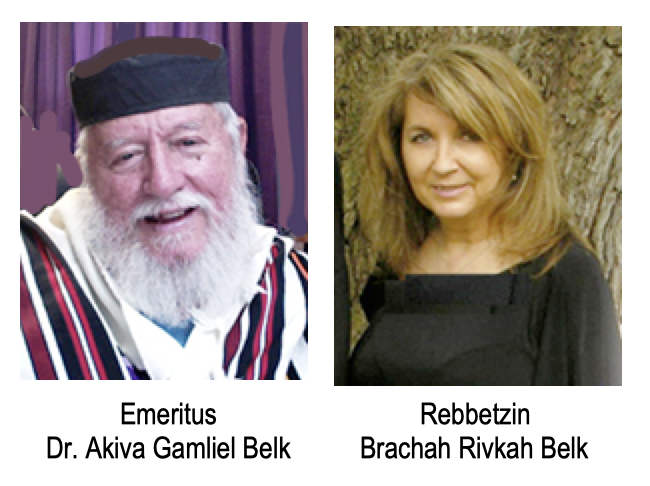The Journey of the Soul – Bitichon 7
The Journey of the Soul
הַנֶּפֶשׁ מְנוּחַת
Bitichon – Trust
Part 7
אֲדֹנָי שְׂפָתַי תִּפְתָּח וּפִי יַגִּיד תְּהִלָּתֶךָ
A-dnai sifatai tiftach, ufi yagid tehilatecha—
G‑d, Open my lips, that my mouth can declare Your praise
Bless the L-rd, O you His angels, you mighty ones, who do His Word,
listening to the Voice of His Word. Tehilim (Psalm) 103.20
na’aseh ve-nishma, We will do and we will hear Shemot (Exodus) 19.8
We agreed to obey all that HaShem would Tell us before we heard what He Required us to do.
Emunah (faith) is a state of understanding;
bitachon is a state of trust.
Emunah is Hebrew for faith – it is the firm belief in a Single, Supreme, Omniscient, Benevolent, Spiritual, Supernatural and All Powerful Creator of the universe who we refer to as G-d. The Garden of Emuna Rabbi Shalom Arush page 289
Emunah means knowing that HaShem is involved in every aspect of your life and of the whole universe.
The root of bitichon is batach which literally means to lean or rest on someone or something. Batach b’ means to trust in, usually in G-d, when used by the Bible, eg: It is better to trust in God than to trust in any man Tehilim(Psalm) 118:9 or I have placed my trust in Your lovingkindness.
From this, bitachon comes to mean faith and is often used interchangeably with emunah. But it means faith in an active sense, consciously placing the burden or one’s concerns and worries on God and trusting that things will work out.
bitachon means trusting in HaShem in every situation, each and every moment of the day every day of the year.
You cannot have bitichon (trust) without emuna (faith), and likewise your bitichon (trust) is only as strong as your emunah (faith).
You can have emunah (faith) without bitichon (trust).
One can know and believe that G-d Exists but still not trust that G-d is Taking Care of them.
And it shall come to pass, that before they call, I Will Answer; and while they are yet speaking, I Will Hear. Yeshayah (Isaiah) 65.24
Shmittah is the sabbatical year for the land of Israel. It happens once every seven years. According to the Torah, during the shmittah year, farmers are to take a break from actively cultivating their land. Whatever grows on the land without cultivation is open to everyone, especially to the poor, to come and take. Vayikrah(Leviticus) 25.
The year 5782 from creation (September 7, 2021 – September 25, 2022) is a Shmittah year.
For six years you shall sow your field, and for six years you shall prune your vineyard, and gather in its produce. But in the seventh year, the land shall have a complete rest, a Sabbath to the L‑rd; you shall not sow your field, you shall not prune your vineyard, nor shall you reap the after growth of your harvest . . . And [the produce of] the Sabbath of the land shall be yours to eat for you, for your male and female servants, and for your hired worker and residents who live with you . . . Vayikra (Leviticus) 25.3–6
I, will Command My Blessing for you in the sixth year, and it will yield produce for three years. And you will sow in the eighth year, while still eating from the old crops. Until the ninth year, until the arrival of its crop, you will eat the old crop! Vayikra (Leviticus) 25.21–22
The mitzvah of Shemittah is the agent whereby we release all materialistic claims of the land that we own and place our entire trust in HaShem that He Will Provide all that we need during that year and the following year. Farmers usually rotate their crops because over time the earth’s nutrients diminish. So one would think that in the sixth year there would not be enough nutrients in the ground to grow a good crop. So by Observing the Mitzvah of Shemittah the ground miraculously produces enough food for three sometimes four years.
If the earth obeys Torah we should as well.
How can we not trust that everything we have and every circumstance in our lives is in HaShem’s Care?

Blessings and Peace
Rebbetzin Revi
